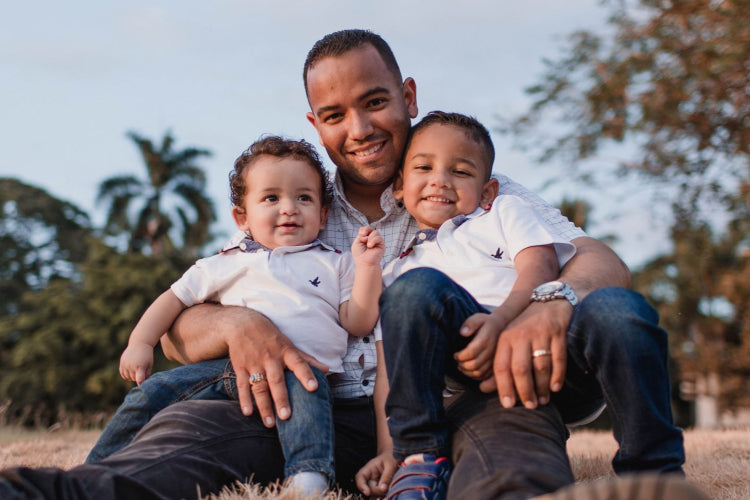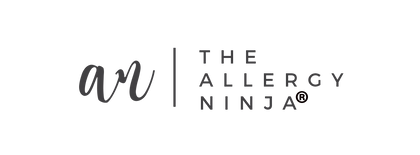
Parents of children with food allergies know that it takes a heap of time and effort to keep your children safe. If you have a food-allergic child, you know that just one slip-up can result in severe consequences, and no parent or child should have to experience this. If your child recently has been diagnosed with food allergies, you may be feeling overwhelmed and wondering where to look. In addition to consulting with medical and nutritional professionals, there are many resources available to help you along on this new and often stressful journey. Here is a list of some valuable options from trusted sources on allergies (with links):
- FARE’s Food Allergy & Anaphylaxis Emergency Plan: The Food Allergy Research & Education organization designed this plan with the help of many multidisciplinary experts on food allergies, as well as FARE’s Medical Advisory Board. This plan can be printed and given to school nurses, teachers, and parents. It outlines symptoms and treatment instructions in the case of an anaphylactic emergency.
- Laws and Regulations: A comprehensive list of laws and regulations that affect those with food allergies. It covers restaurants and food service, schools, medical care, and rights.
- How A Child Might Describe a Reaction Guide: Especially if your child is young and not overtly aware of their allergies, this guide can help you understand how they might act if having an allergic reaction. The faster you or an adult can determine that an allergic reaction is taking place, the sooner you can seek help.
- Allergy-Friendly Recipes: The Kids with Food Allergies Division of the Asthma and Allergy Foundation of America has a blog full of important tips and recipes for providing kids with allergies healthy and safe meals. They even incorporate season holidays that may pose a threat, like allergy-friendly candy on Halloween.
- Anaphylaxis Educational Courses: ca offers courses for educators as well as family members of people with dangerous allergies, so that they can learn to recognize the signs of allergic reactions and take necessary precautions.
- Newly Diagnosed Support Centre: This website contains educational resources as well as information on avoiding dangerous allergens, and organizes community events for allergy kids and parents in Canada.
- Dairy, Cheese, and Milk Allergy Information: This article, from the Children’s Disabilities Information group, identifies some important ingredients to note if your child has a dairy allergy.
- USDA Special Meal Request Form: This form outlines how food service staff in schools can take special care to accommodate children with allergies. Pages 34 and 35 of this form can be filled out by parents and submitted to schools.
- How to Talk to Children About Food Allergies: Another guide by FARE on how to introduce your child to the reality of their allergies. This guide outlines how to calmly bring up this topic with your child from a young age onward and what resources can help in the future.
- Reading Food Labels: When your child has a food allergy, the easiest way to keep them safe is to carefully scan food labels for dangerous ingredients. But some allergens are trickier to spot than others. This outline explains how to ensure you can correctly identify allergens in food labels and thus reduce risk to your child.
- Self-Care: Life with food allergies can be full of stress, for you and your child. While you want to keep your child safe, you don’t want their allergies to take control of their life. This page has some important guidelines for taking care of yourself, your child, and relationships while dealing with food allergies.
Parents of newly diagnosed allergy kids have a lot to consider. Hopefully this list can help you put things into perspective and empower you to make the best choices for your child. With these resources, and the support from the large community of fellow allergy parents, you can keep your child safe, while enabling them to have a fun and fulfilling life.
